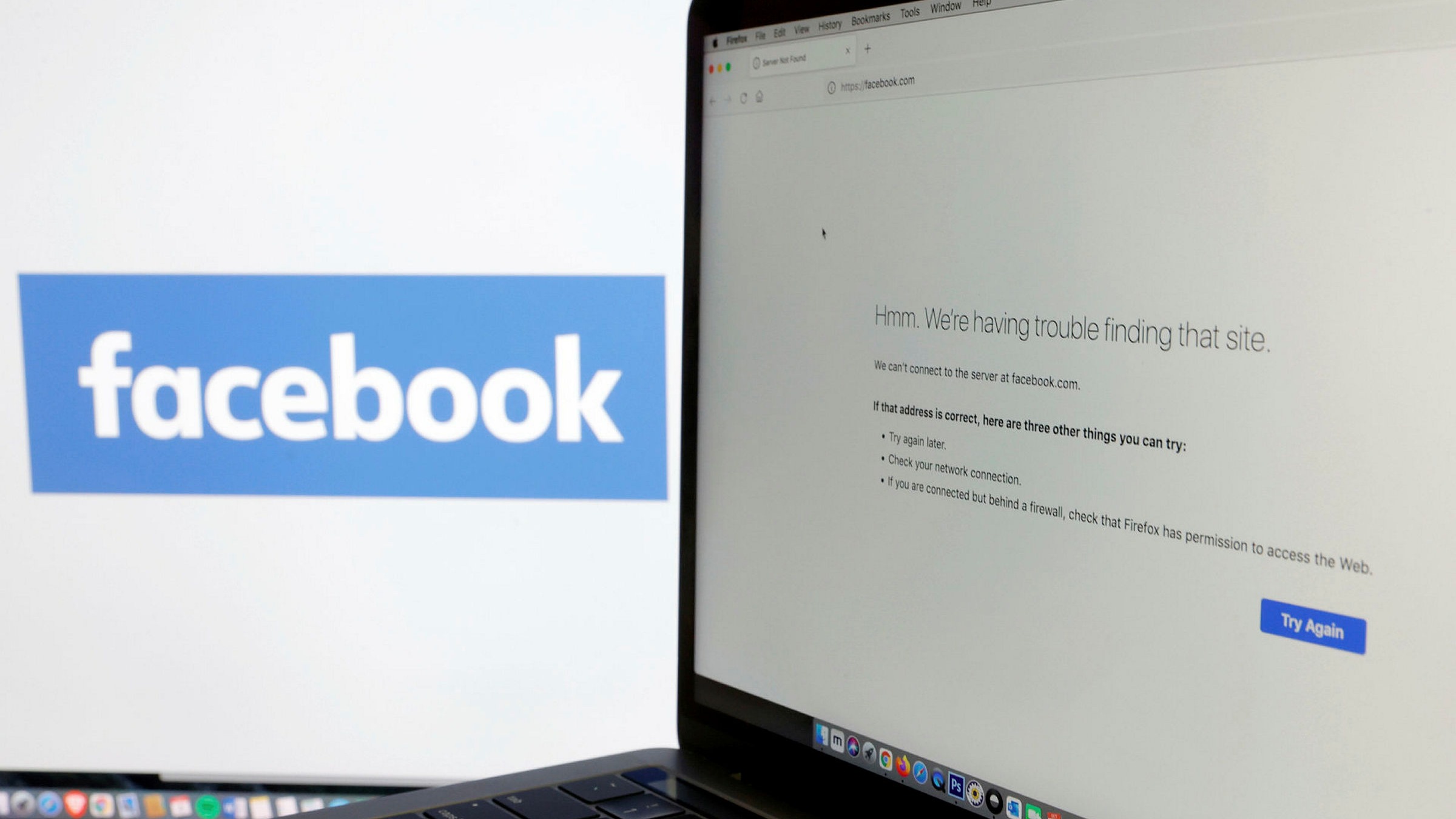Private Equity Ready To Pounce On Battered ASX Tech Stocks
With discounted prices, these companies are rushing to a revenue stream because they are important for generating free cash flow.
The Fintech Zip, for example, wowed investors in July with a 27 percent increase in sales and a 77 percent increase in the number of sellers. And vice versa with the prospect of cost reductions, which should quickly ensure profitability.
This is the new reality of the listed technologies.
Private investors see the world differently. For them, this poor environment presents an opportunity to buy great tech companies at deeply discounted prices.
Among his favorite investments are software-as-a-service companies that offer solid returns with long-term potential to generate large free cash flows.
Although SaaS companies are private, PE has a long history of spotting temporary losses when revenue growth persists, margins remain high, and churn is low.
So when public markets see fire and sell off heavily, private equity often sees an opportunity to create an investment company in a deal.
Australia is now a destination for private equity as a sell-off in tech stocks has sent share prices lower than their US-listed peers.
This was highlighted by Goldman Sachs, which reported in August that Australian technology stocks were trading at an average of 2.9 times FY23 earnings.
For SaaS companies, that jumps to 3.3x, which is still below the 4.5x average for the top 100 Nasdaq-listed companies.
A stronger and stronger US dollar is making Australia more attractive to American buyers, driving deals like Thomas Bravo's multi-billion dollar acquisition of Australian mapping software company Nermap.
Bravo, which has more than $120 billion ($193 billion) in assets, offered a 67% premium to Nearmap's six-month weighted average price.
After factoring in Nearmap's cash flow, the offering is 6.6 times its historic earnings of $146 million over the last 22 years.
Revenues in FY22 grew 25%, gross margins increased 72%, and U.S. revenues increased significantly, as does private equity.
However, local investors seemed more concerned about the widening EBITDA loss and the $31 million drop in cash flow.
None of this is meant to hurt local currencies, some of which have patiently backed the Australia-listed tech. Rather, it's a simple distinction between investment research and buying pressure.
It was also confirmed last week that HR software maker Elmo was among the contenders to buy the company, along with private equity giant Axel-Kaker.
Elmo was influenced by the changing market sentiment regarding cash burning. It lost $37 million on sales of $91 million in 2022, an impressive 32% increase.
Bravo worked closely with Nearmap, which proposed the board's proposal. In other cases, candidates take a different approach, such as B. the Potentia domain offered by the document production company Nitro Software.
Potentia, run by former MYOB boss Tim Reid, has acquired a 17 percent stake in Nitro, though it has an option and has yet to spend the money.
Nitro's stock price is down 65% in 12 months, meaning the 40% premium offered by Potentia is still undervalued over the medium term.
The deal values Nitro at approximately $400 million and was unanimously approved by the board given Nitro's 49 percent recurring revenue growth over two years.
The market seems to agree.
Unexpectedly, Potentia also made a similar offer to Tyro, a $300 million+ fintech company led by the highly respected David Todd.
Potentia's 30% markup is still below Tyro's 70% cap a year ago, so Potentia is now two for two.
Despite this, all of these apps follow a common theme; A large but failing technology company trading at an attractive price is being offered a price that represents a significant premium but a significant discount.
Adding to Australia's appeal, many bidders use the coordination system to facilitate the procurement process.
If the company expressly accepts the offer, the SoA allows the bidder to acquire all shares of the company with 75% voting rights of value and investor support with 50% voting rights. That's harder than finding 90% of the stocks that are in demand both on and off the market.
Any increase in takeover activity on the ASX could undermine its status as a regional tech exchange where the best companies are privatized.
These deals also deprive investors of the opportunity to benefit from the long-term growth of local technology companies.
Ultimately, however, any difference in value is offset by the market in one way or another, and private equity never loses an opportunity to make money.



0 Comments:
Post a Comment
Subscribe to Post Comments [Atom]
<< Home